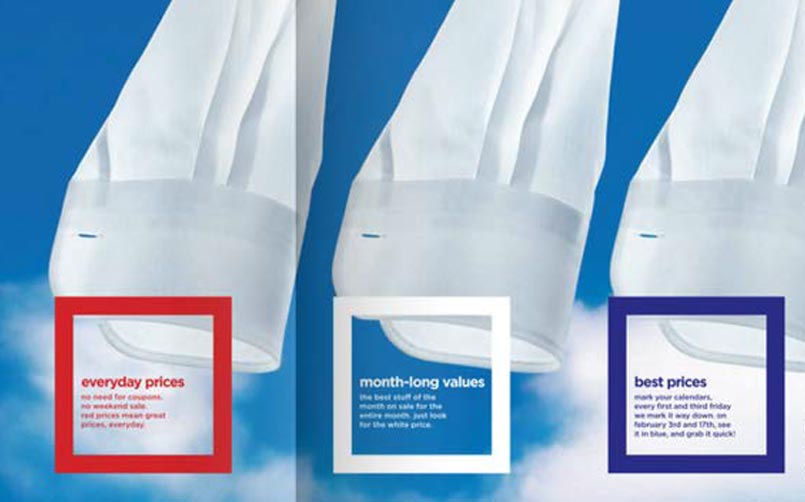
16 Apr Building a Brand Based on Emotions: Desire to Get a Good Deal
Most consumers want to feel like they’ve gotten a good deal when they make a purchase. Getting what is perceived as a good value for the money is a universal desire that is rooted in consumers’ psyches. In other words, whether a consumer consciously or subconsciously evaluates the value for the money relationship when making a purchase, the fact is that the analysis does affect purchase decisions.
Market Research, Perceptions, and the Justification Moment
Market research plays an important role in identifying the cost vs. benefit analysis that happens in consumers’ minds as they evaluate brand choices. Pricing questions as well as feature and benefit questions are critical to gathering the data you need to create the perception in consumers’ minds that they’re getting a good deal when they buy your brand.
Evaluate consumers’ reactions to various price points, and ask them to rank the importance of various features and benefits. Massaging your marketing messages to promote one benefit might tip the scales in your brand’s favor (in terms of justifying the cost vs. benefit evaluation) than others. Without this knowledge, your messages won’t position your brand effectively and sales will suffer.
The goal is to help consumers justify their purchases by creating the perception that they’re getting a good deal based on what your brand’s products or services deliver. If you don’t know what’s most important to your audience and what motivates them to spend more, you can’t create messages that enable them to reach that moment of purchase justification.
Of course, the moment of justification can vary between diverse segments of your consumer audience and your marketing tactics need to address those differences. Think of it this way — the iPhone is priced at a premium, in part due to the fact that the Apple brand name is on it. Different consumer segments justify the cost of the iPhone over less expensive smartphone alternatives for a variety of reasons.
For example, an audience segment that is not tech-savvy might justify their purchases of the iPhone due to its perception as being easier to use than other branded devices. On the other hand, the tech-savvy audience wants to know that the iPhone can meet their intense gaming needs, work-related needs, and so on. These two audiences have different justification points based on their perceptions of the iPhone brand. Apple must create distinctive messaging that reaches members each of these unique audiences. Therefore, those consumers feel like they can justify the purchase decision by believing they’re getting a good value for their money.
Manufacturing Good Deals
Even luxury brand purchases are preceded by a justification moment, but often that moment is completely based on personal perceptions. When a consumer purchases a Bentley, the decision is based less on the dollar value and more on the emotional value vs.price. Bentley owners have a role to play, and the price of the Bentley matters less than the belief that the Bentley brand will enable them to look and feel the role.
Bottom-line, building a brand based on consumers’ desires to get a good deal or good value for their money doesn’t come in the form of sales and discounts only. Think beyond short-term tactics and determine how you can position your brand so the moment of purchase justification creatively encompasses the desire to get a good deal.
Source : Susan Gunelius




Sorry, the comment form is closed at this time.